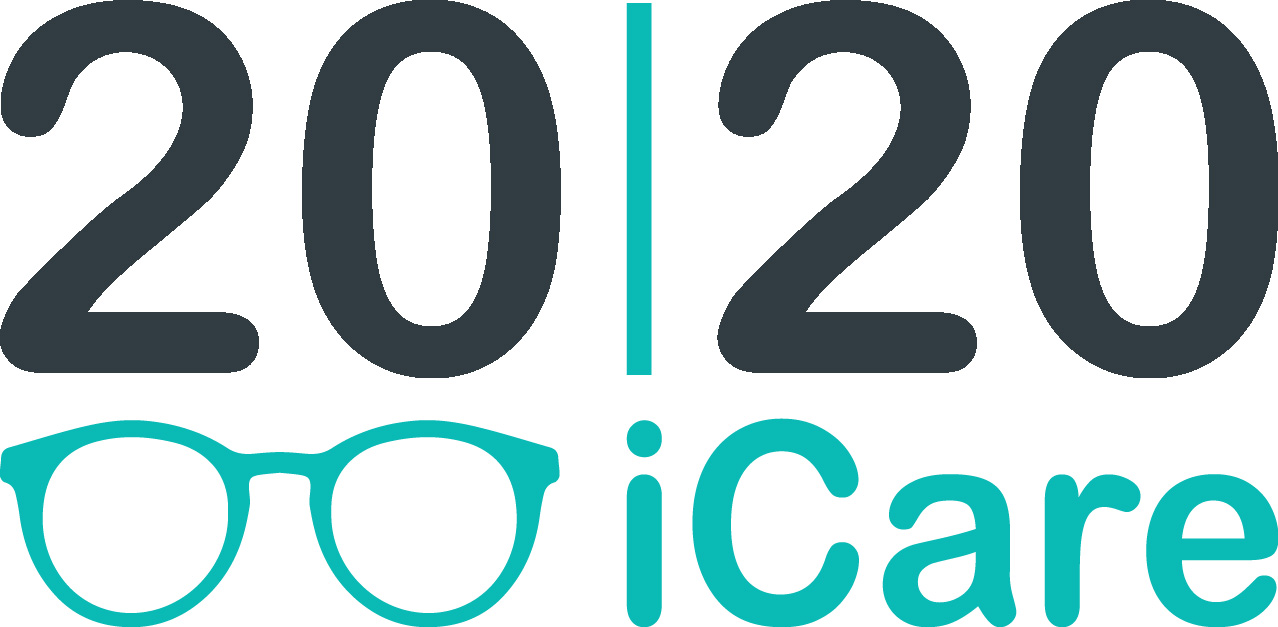Trusted Emergency Eye Care at 20/20 iCare Longview
It is comforting to know you have a reliable and accessible care option in eye-related emergencies. 20/20 iCare Longview is the go-to destination for eye emergencies in Longview and surrounding areas.

When to Seek Emergency Eye Care
Understanding when to seek emergency eye care is critical in preventing long-term damage to your vision. Common situations require immediate attention:
- Blood in the eye: Although generally harmless, a subconjunctival hemorrhage accompanied by pain and injury is considered an emergency
- Sudden vision loss: A rapid decrease in partial or complete vision in one or both eyes
- Eye trauma: Any form of impact or injury to the eye area, including cuts, punctures, or blunt force trauma
- Severe eye pain: Pain that is persistent and intense, especially if accompanied by headache, nausea, or light sensitivity
- Foreign object in the eye: Any situation where an object or substance enters the eye
- Flashes of light or floaters: A sudden increase in floaters, flashes of light, or a shadow blocking part of your vision
- Chemical exposure: Any exposure to chemicals requires immediate flushing and professional evaluation
- Eye infections: These can arise from bacteria, viruses, fungi, or parasites and can cause a wide range of symptoms, including redness, swelling, discharge, itching, pain, and blurred vision

Preparing for Your Urgent Eye Visit
To expedite care during an emergency, consider the following steps:
- Stay calm: While eye emergencies can be distressing, staying calm helps you follow instructions more effectively
- Reach out right away: Contact us using our emergency line for immediate guidance and to prepare us for your arrival
- Eye protection: If possible, shield your eye without applying pressure. You can do this with glasses or a paper cup
- Rinse the eye out: For chemical exposure, rinse the eye with water immediately
- Avoid DIY remedies: Never treat the issue yourself, especially when it comes to removing objects or applying medications
- Transportation: If your vision is impaired, do not attempt to drive yourself. Arrange for someone else to drive you to the emergency care facility
Follow-Up Care for Eye Emergencies
Emergency care for eye injuries or conditions often provides immediate relief and treatment, but the care process doesn't end there. Follow-up visits are essential for several reasons:
- Monitoring recovery: Follow-up care allows your eye doctor to monitor your healing process, ensuring that your eye is healing correctly and as expected
- Adjusting treatment plans: Based on your recovery progress, your eye doctor may need to adjust your treatment plan by changing medications, introducing new treatments, or stopping certain treatments if they are no longer necessary
- Preventing future issues: Eye emergencies can sometimes lead to complications or reveal underlying conditions that require attention
- Reassessing vision: A follow-up visit is a good opportunity to assess your vision and, if necessary, update your prescription for glasses or contact lenses
- Education and advice: Your eye doctor can offer valuable advice on protecting your eyes, managing symptoms at home, and recognizing signs that may require immediate attention in the future
- Emotional support: It also supports the emotional aspect of recovery, offering reassurance and a plan for physical recovery and coping with any anxiety or concerns about your vision and eye health

